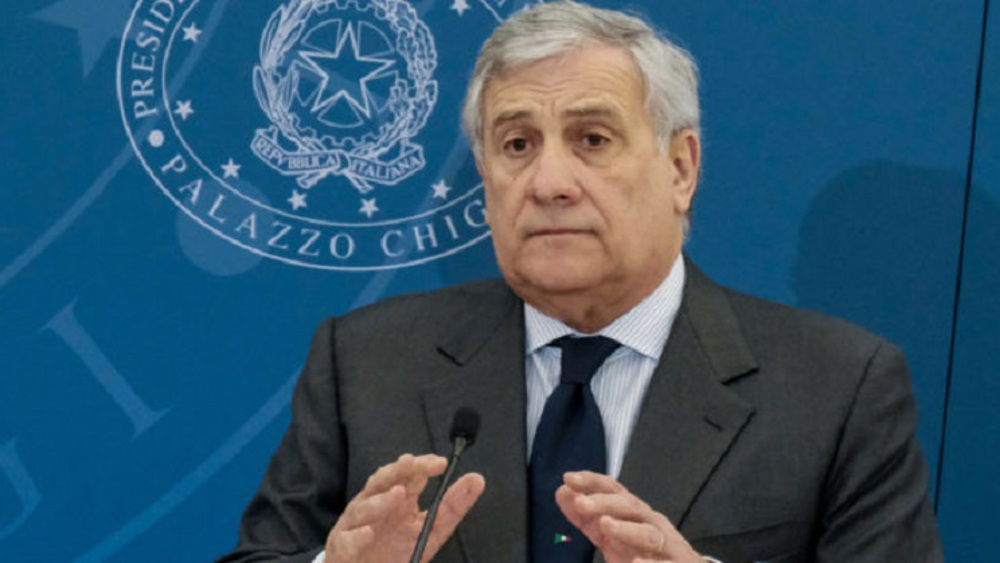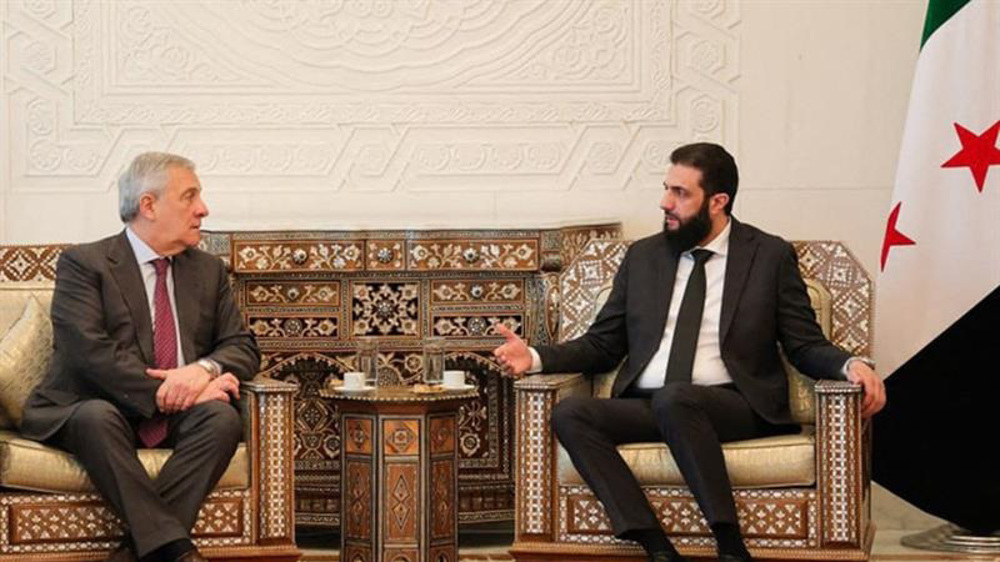Italian coastguard says 1,400 refugees rescued in Mediterranean Sea
The Italian coastguard says it has rescued around 1,400 refugees stranded on boats in the Mediterranean Sea.
They were on board seven vessels, including six rubber dinghies, coastguard officials said on Saturday.
One of the vessels was carrying 800 people, including nearly two dozen children. They were rescued by a ship operated by the France-based charity group Doctors Without Borders.
Charity groups SOS Mediterranee, Migrant Offshore Aid Station and Jugend Rettet were also involved in the operation.
Despite the cold weather, nearly 5,400 refugees have landed in Italy since the start of November, showing a significant increase compared to the 3,200 recorded during the same period last year.
Thousands of people have died over the past months crossing the perilous sea route from the Libyan coast to Europe in search of a better life.

The coasts of Libya have become a launch pad for asylum seekers heading for Europe. A large number of them are Sub-Saharan Africans attempting to reach Italy.
In response to the widening crisis, the European Union launched Operation Sophia in 2015. The naval mission was meant to reduce the flow of people smuggled across the Mediterranean, and to train the Libyan coastguard to fight smugglers' boats . Yet, the operation is largely viewed as a failure.
More than 4,000 men, women and children have died in the Mediterranean since the start the year, according to the United Nations.
Still, analysts at the International Organization for Migration estimate that the actual number of refugees meeting their deaths while making risky journeys on land and sea will exceed 10,000 this year, because of the underreported incidents.
The European Union has been dealing with an excessive influx of refugees in recent years, driven by war, famine, poverty and persecution. The crisis has largely divided the continent over how to deal with the situation.
A number of European countries have adopted harsh measures including toughening border controls, shutting refugees out, and even erecting razor-wire fences. But the problem remains far from resolved.
VIDEO | California Wildfires Leave Residents Struggling with Insurance Gaps and Housing Shortages
Leader: Palestinian patience, resistance forced Israel to back down
VIDEO | South African, Palestinian youths use sport to boost resistance
Iran welcomes Gaza truce, urges prosecution of Israeli authorities for genocide
VIDEO | Israeli airstrike on Jenin kills 6 Palestinians, injures others
VIDEO | Canada after Trudeau
IRGC: Gaza truce ‘irreparable defeat’ for Israel, great victory for Palestinians
Iran, Tajikistan presidents oversee signing of 23 MoUs to boost ties










 This makes it easy to access the Press TV website
This makes it easy to access the Press TV website